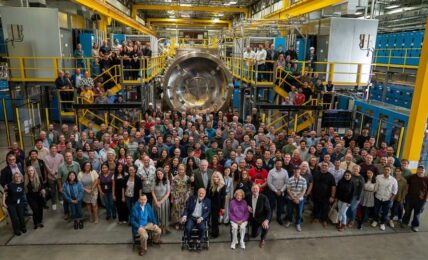ESG-focused shareholder advocacy NGO The Shareholder Commons announced that it will present a shareholder proposal at the annual shareholder meeting of McDonald’s Corporation, asking the company for disclosure regarding the systemic costs of antibiotics use in the company’s supply chain. The proposal has been co-filed by Trinity College at the University of Cambridge and leading European asset manager Amundi Asset Management.
According to The Shareholder Commons, excessive use of antibiotics in raising animals for food contributes to antimicrobial resistance, or AMR, which threatens global health by reducing the effectiveness of antibiotic drugs. The proposal outlines the potential systemic costs that may arise from AMR:
“In addition to the resulting loss of life and increased poverty, AMR may decrease global GDP 3% by 2030, and almost 4% by 2050. At an intermediate discount rate, this will amount to economic losses by 2050 with a current value of $54 trillion.”
In the proposal, the shareholders ask McDonald’s to commission and disclose a study on the external environmental and public health costs created by the use of antibiotics in its supply chain, incorporating the system-wide costs of AMR, including the impact to shareholders. The Shareholder Commons also encouraged the company to pursue actions including discussing an optimal, global scenario for the food industry to eliminate or internalize AMR costs, and to describe how the company’s policies and procedures, such as lobbying, would affect that scenario’s realization.
According to the NGO, a similar proposal was filed with KFC, Pizza Hut and Taco Bell parent company Yum! Brands, and subsequently withdrawn after the company committed to disclose the systemic costs of antibiotic use.
Frederick Alexander, CEO of The Shareholder Commons, said:
“While U.S. securities laws require companies to disclose matters that are material to their own financial performance, there is no requirement that companies report their impacts on people or planet. We are encouraged that Yum! recognized the importance of disclosing their impacts on public health and well-being. Now it’s time for McDonald’s to step up and also address this important systemic issue.”
Professor Dame Sally Davies, Master of Trinity College, Cambridge University, added:
“AMR is a complex challenge which requires collaborative action by governments, NGOs, and corporations. We were are all pleased to see Yum! take this important step in March, and would now like to see McDonald’s follow suit and join global best practices on AMR by aligning its supply chain with the needs of people and planet.”
The post Amundi Files Proposal with McDonald’s Calling for Transparency on Antibiotic Use in Supply Chain appeared first on ESG Today.


